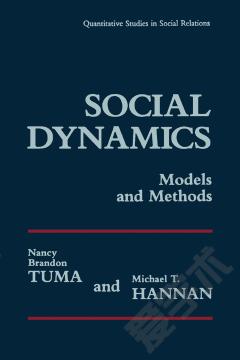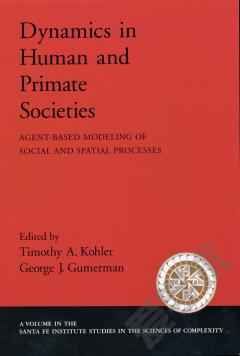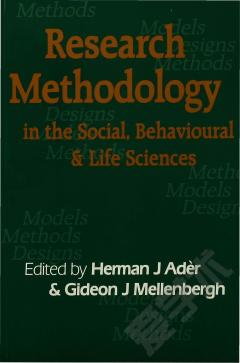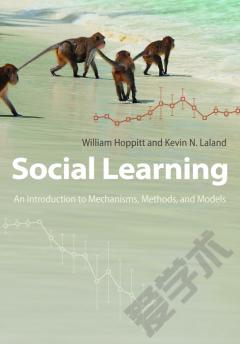Social Dynamics Models and Methods
This book attempts to provide a broad framework for thinking about and conducting quantitative empirical studies of social change processes. The goals of this book are 1) to clarify and develop models and methods for causal analysis of dynamic social processes 2) to formulate continuous-time models of change in both quantitative and qualitative outcomes and to develop suitable methods for estimating these models from the kinds of data commonly available to sociologists 3) to develop a stochastic framework for analyzing both qualitative and quantitative outcomes and 4) to alter the way that sociologists think about the empirical study of social change processes. Part I provides general background for what follows; it includes both a discussion of the substantive importance of dynamic analyses in sociology and a review of models and methods previously used by sociologists interested in the empirical study of social dynamics. Part II contains 8 chapters on models and methods for anallyzing change in qualitative outcomes; it concentrates mainly on methods based on analysis of event-history data. Part III contains 6 chapters on comprable models and methods for analyzing change in quantitative outcomes; it focuses primarily on methods based on analysis of panel data.
{{comment.content}}








 京公网安备 11010802027623号
京公网安备 11010802027623号